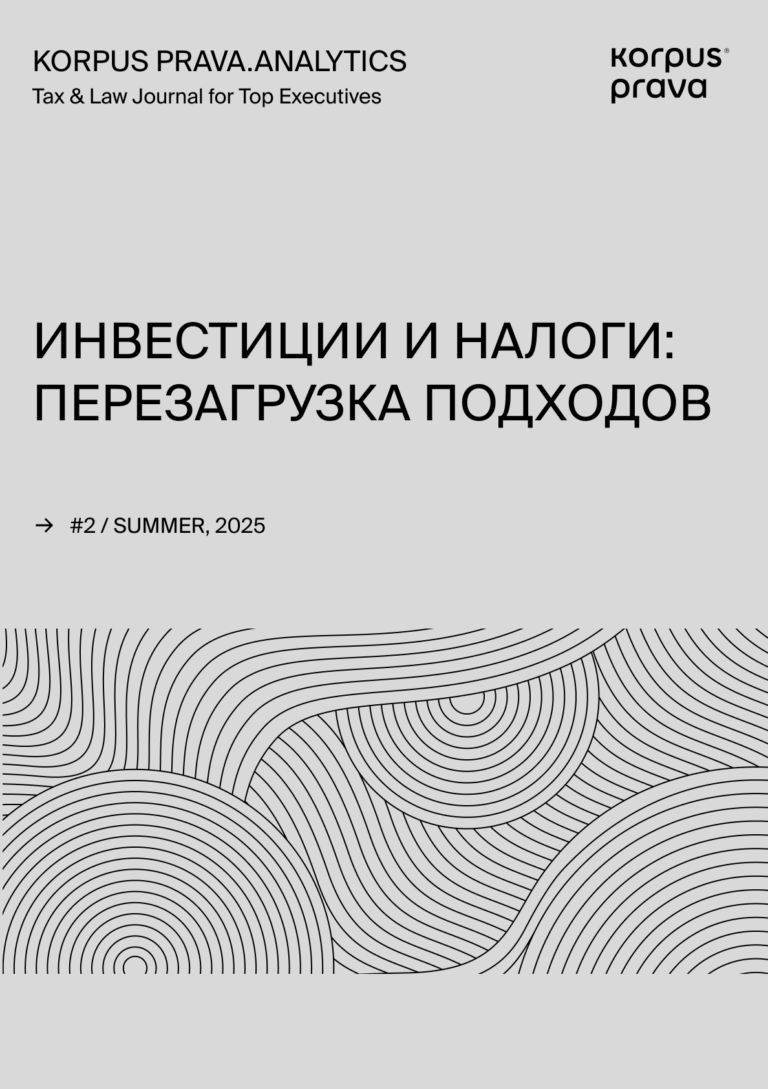Проценты с процентов – новый налог для физических лиц
В 2020 году стала популярной фраза «Мир не будет прежним». И данное утверждение уже сейчас стало реалистичным для граждан, хранящих свои сбережения в банках России.
С 2021 года вводится налог на проценты, полученные по вкладам в банках.
Справедливости ради, стоит отметить, что проценты по вкладам являются таким же доходом, как, например, арендные платежи от сдачи в аренду квартиры бабушки. Есть имущество, которое не используется в личных целях, можно на нем немного заработать. Так же и с деньгами (они, кстати, тоже являются имуществом). Поэтому если деньги приносят доход, с этого дохода нужно платить налоги.
Понятна была логика законодателя, когда вводилось правило об особом порядке налогообложения процентов по вкладам. Ведь, если обратиться к прошлой редакции Налогового кодекса, там мы не найдем доход в виде процентов по вкладам в перечне доходов, не подлежащих налогообложению. Налоговым законодательством были установлены правила определения налоговой базы по данному виду доходов. Так, если процентная ставка по вкладу была выше ключевой ставки на 5 пунктов, данное превышение подлежало налогообложению по повышенной налоговой ставке в 35 %. Конечно, банки такие высокие ставки не были готовы платить, и соответственно, граждане рассматривали проценты по вкладу как доход, с которого не нужно уплачивать налог в принципе.
Такой подход, конечно, был, в первую очередь, в интересах банков. Доверие к банковский системе у наших граждан, особенно старшего возраста, оставляет желать лучшего, и многие до сих пор предпочитают хранить сбережения в трехлитровых банках. И поэтому отсутствие налогов на проценты по вкладам было своим родом «завлекалкой» для граждан.
Многие наши соотечественники рассматривали особый порядок налогообложения процентов по вкладам в широком аспекте, и не платили налоги в том числе с процентов, полученных с заграничных вкладов. Но всего один громкий скандал с известной дамой положил этому легкомысленному подходу конец.
Граждане смирились с тем, что с процентов в банках Германии, Франции, Испании и прочих стран налоги платить нужно, и тут новый удар.
Итак, что же и как будет подлежать налогообложению?
Министерство финансов дало следующие разъяснения:
- налогом будет облагаться совокупный процентный доход по вкладам (остаткам на счетах) в российских банках, выплаченный физическому лицу за налоговый период (календарный год), за минусом необлагаемого процентного дохода;
- необлагаемый процентный доход рассчитывается как произведение суммы 1 миллиона рублей и ключевой ставки Банка России, установленной на 1 января соответствующего года (в условиях 2020 года необлагаемый процентный доход составил бы 60 тысяч рублей);
- проценты, выплаченные физическому лицу по валютным счетам, для целей расчета налога будут пересчитываться в рубли по официальному обменному курсу Банка России, установленному на день фактического получения такого дохода. При этом изменение размера валютного вклада, вызванное курсовыми колебаниями, налогообложению не подлежит;
- «при расчете совокупного процентного дохода физического лица не будет учитываться доход по рублевым счетам, процентная ставка по которым в течение всего года не превышает 1% годовых. В частности, из расчета процентного дохода полностью исключаются зарплатные счета граждан, по которым ставка не превышает 1%. Проценты, выплаченные по таким низкопроцентным счетам, налогом облагаться не будут»;
- также не будут облагаться налогом процентные доходы по счетам эскроу;
- сумма банковского вклада (как рублевого, так и валютного) является имуществом физического лица, а не его доходом, поэтому не может подлежать обложению налогом на доходы физических лиц в принципе.
Пример расчета налоговой базы
Физическое лицо имеет три депозита:
- 500 тысяч рублей, ставка по депозиту 4,5% годовых, проценты выплачиваются в конце срока действия депозита, депозит заканчивается 1 декабря 2021 года;
- 1 миллион рублей, ставка по депозиту 5% годовых, проценты выплачиваются в конце срока действия депозита, депозит заканчивается 31 декабря 2021 года;
- 500 тысяч рублей, ставка по депозиту 4% годовых, проценты выплачиваются в конце срока действия депозита, депозит заканчивается 1 декабря 2022 года.
По 1 депозиту процентный доход на 1 декабря 2021 года составит 22,5 тысяч рублей.
По 2 депозиту процентный доход на 31 декабря 2021 года составит 50 тысяч рублей.
По 3 депозиту процентный доход в 2021 году не начислялся, так как депозит заканчивается в 2022 году, и проценты по нему будут выплачены в конце срока действия депозита.
Таким образом, совокупный процентный доход по вкладам в российских банках, выплаченный физическому лицу в 2021 году, составит 72,5 тысячи рублей.
Предположим, что ключевая ставка Банка России на 1 января 2021 года составляет 6%, тогда необлагаемый процентный доход физического лица в 2021 году составит 60 тысяч рублей.
В результате для такого физического лица сумма налога к уплате составит:
(72 500 р. — 60 000 р.) х 13% = 1 625 р.
С какого года будет взиматься налог?
Налог на доходы физического лица в виде процентов по вкладам российских банках начнет действовать с 2021 года. Таким образом, налог не коснется процентов, полученных по вкладам в текущем 2020 году.
А это значит, у граждан есть еще минимум полгода для того, чтобы пересмотреть политику своих активов, поискать альтернативный безналоговый доход и отказаться от депозитов или принять новые правила игры и начать делиться с государством заработанными банком процентами.
Стоит отметить, что декларировать проценты по вкладам в российских банках так, как это делается в отношении процентов по вкладам в зарубежных банках, не придется.
Расчет налога будет осуществлять налоговый орган автоматически на основе сведений о суммах выплаченных гражданину процентов, которые будут представлять банки.
Уплата налога будет осуществляться на основании уведомления налоговой службы. Налоговые органы будут направлять уведомления после окончания календарного года, в котором получены процентные доходы.
Впервые уплатить новый налог вкладчикам придется до 1 декабря 2022 года на основе налоговых уведомлений, направленных налоговыми органами.


